A tale of two cities: how the Trump tariffs are reshaping Detroit and Windsor
While Donald Trump has frozen his threatened tariffs for 30 days, communities in Canada’s car capital of Windsor and America’s Motor City of Detroit are living under a sword of Damocles that could see their industries - and their way of life - destroyed.
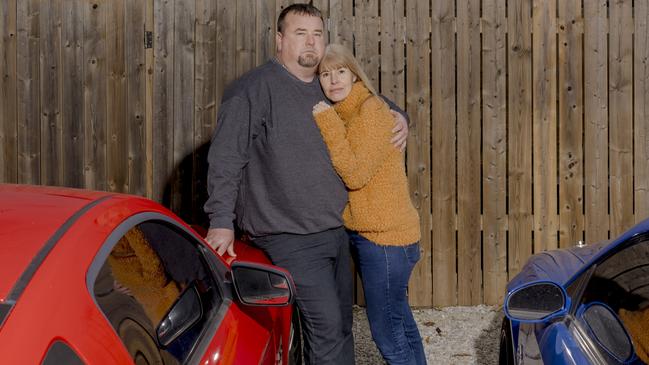
The uncertainty wrought by Donald Trump’s threatened 25 per cent tariffs is disrupting households and factories in the carmaking capitals of America and Canada, overturning the lives of whole families – some of whom have worked for generations at the same assembly factory.
America’s famous Motor City of Detroit and the Canadian carmaking capital of Windsor are now not only separated by a river but the prospect of a new economic curtain descending, up-ending decades of integration encouraged by the previous free-trade agreement and successive governments in both nations.
Many of those living north of the border say they feel a sense of betrayal at the recent US actions. On pause for 30 days, the proposed tariffs are seen in Canada as a symbol of changing times, profound economic disruption and a more unreliable and unfriendly America.
Detroit and Windsor would be major losers from the tariffs that would cost jobs and shut businesses in both cities while raising the price of cars by between $US3000 to $US9000, according to some estimates.
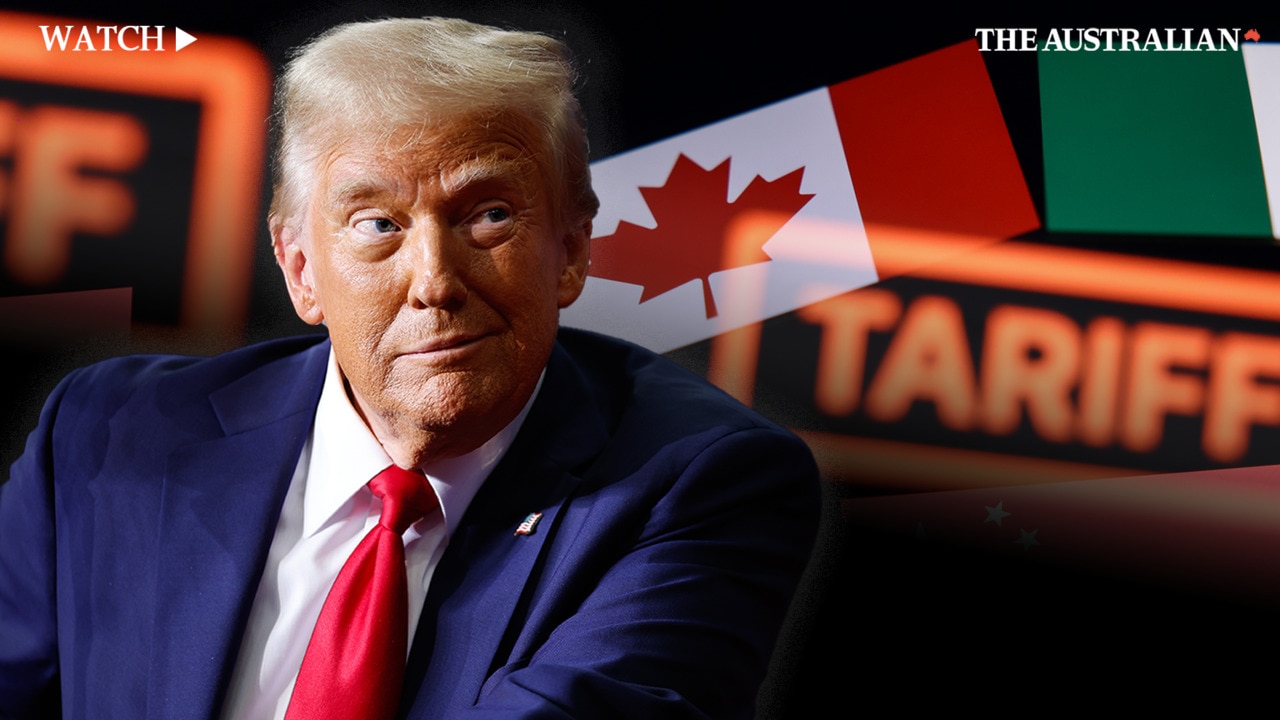
Windsor mayor Drew Dilkens told The Weekend Australian the application by Trump of a 25 per cent tariff on Canadian products would be “bad for Canada and catastrophic for Windsor” because of the community’s heavy reliance on the auto-sector.
“It’s almost impossible to say that a car is built in the United States or Canada when it rolls off the finish line in either country because the parts that go into those vehicles have crossed the border, you know, six or seven times on average,” he said.
“Most Canadians would consider this act to be analogous to the United States aiming a cannon at us.”
Chad and Krysten Lawton met in 1995 while working for Ford at the Windsor Engine Plant. “When Krysten got hired, I was working in the connecting rod department,” Chad, 50, said. “They had put her on the machine next to mine.
“I was a little bit smitten and taken back by her beauty and her personality.”
Krysten, 52, is a fourth-generation employee at the company after her great-grandfather started there around 1905, while Chad is a second-generation worker. Today, the couple are joined by their two sons, Kaden, 24, and Brody, 20.

Krysten, a health and safety trainer, said the next four years of the Trump administration would “be a bumpy ride”.
Reflecting on the potential impact of the tariffs on her sons, she said that “if anything were to happen here now, they’re going to have to shift their career”.
“It’s our job as parents to teach them that sometimes you’ve got to bounce … You’ve got to readjust and this is part of the automotive industry,” she said.
Chad, a union representative for more than 1000 workers who has racked up 31 years with Ford, said a 25 per cent tariff would “devastate manufacturing as a sector” but he was “very hopeful” the issue would be resolved.
Describing the tariffs as “somewhat of a betrayal”, he noted that Canadians and Americans were booing each other’s national anthems at professional ice-hockey games in the past week.
“That’s not who we are as a people, as Americans or Canadians, and it’s all being driven right now by what Donald Trump is saying. And quite frankly it needs to stop,” Chad said.
He also questioned whether Trump had another agenda in pursuing the tariffs.
“When they originally renegotiated NAFTA, which is now USMCA … he (Trump) said that this was a monumental deal. It was a monumental deal – best trade deal ever. Now, fast forward, it’s the worst deal ever,” Chad said.
“This is just a lot of chaos. There’s something else that he wants.”
Families working together at manufacturing factories is not an uncommon story in Windsor.
Craig and Tanya Kelly are employed at another major assembly plant in town run by giant carmaker Stellantis, which owns the Chrysler, Fiat, Jeep, Peugeot and Ram brands.
Craig, who works at the plant’s body shop, said that if Trump’s 25 per cent tariff was applied “within a couple of weeks, I would imagine the automotive industry in Canada would come to a screeching halt”.
“We would struggle until something that came up to keep us going,” he said.
“It just seems like he’s taken us for granted, and now he thinks he can steamroll us – which he shouldn’t be doing.”

Tanya, who has worked for 27 years at Stellantis, said there was a “sigh of relief” on her afternoon shift on Monday when the news came through that an agreement had been reached for a 30-day freeze on the tariffs.
However, she said there was a “sense of betrayal a little bit” about Trump’s actions, warning the relationship between America and Canada was “really precarious”.
Should the tariffs go through, Tanya said there would be “a direct hit almost instantly within a week or so … we were sort of forewarned that it could cripple the industry in about a week. Most of the products at our plant go to the US. So how could it not? People are not going to buy those vehicles when they cost 25 per cent more.”
Canadian manufacturers that supply the automotive sector are also on the frontline of a potential trade war, with Jonathan Azzopardi – the chief executive and president of the Windsor-based manufacturer LAVAL – saying he would end up “eating this tariff” if the White House followed through on its threat. About 85 per cent of his products were exported to the US.
“You don’t have a choice,” he said. “If you’re my client … and all of a sudden you’re staring down the barrel of a gun of 25 per cent you’re going to explore other options as quick as possible.”
LAVAL employs about 85 people and specialises in manufacturing parts, prototypes and moulds for a range of industries including the automotive sector. Between 900 tonnes and 1800 tonnes of US steel goes through the LAVAL plant in Windsor each year, representing about half its total cost of goods.
“The rest of the world needs to understand what we are going through,” Azzopardi said. “For the last, I’m going to say 25 years, we have been doing everything we could to live up to the spirit of the free-trade agreement.
“So we take that US steel, we bring it here, we process it, we send it back to the United States. It gets further processing, which is by American companies, by American workers, and we bring it back to Canada, process it some more … Then we take that again and send it to the United States.
“We’re investing in both economies equally … (but) we feel like we’re being punished for doing what we were told.”
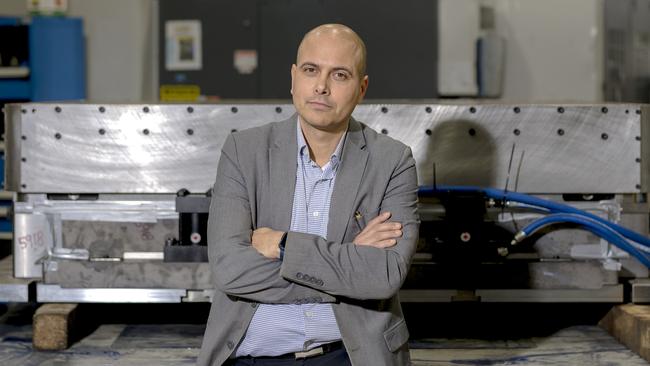
The pause on the tariffs was “equally as bad as the tariffs, and maybe worse, because if the tariff is in place, we would be making decisions … Unfortunately, the tariffs looming over our heads is just basically prolonging that uncertainty.”
“We’ve kind of taken the position that we’re treating this as if we went into a recession,” Azzopardi said.
Gord Campeau, a plastic injection mould-maker at LAVAL, said a 25 per cent tariff would affect every Canadian and every business.
“You would hope the Canadian government will come up to a solution with Trump, and we’re able to see some type of agreement,” he said. “If it does happen, we could see a three- to six-month – not a depression – but it will definitely affect us to the point where there could be American companies maybe pulling out of Canada or putting everything on hold until this is taken care of.”
There was also a near universal sense of bewilderment at Trump’s concerns over border security as a justification for the tariffs, with only 19.5kg of fentanyl seized at the northern border last year compared to more than 9500kg at the Mexican border.
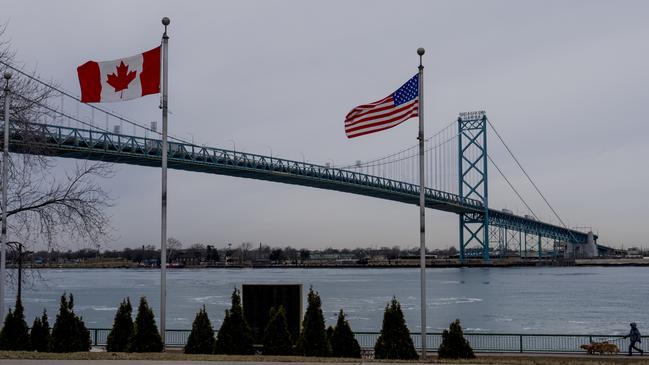
Union leader James Stewart, president of the Unifor Local 444 who represents some of Windsor’s largest private-sector employees including workers at the Stellantis’ assembly plant, said there was “a moving goalpost”.
“It’s not about fentanyl. It’s not about the border,” he said.
“The President said you could avoid it by being the 51st state. Then it’s ‘you’ve been treating us poorly in trade’, although it’s a trade agreement that he signed in his last administration. Then it’s around our banks, ‘we don’t have access to your banking system’.
“We can’t find a solution to the problem. So what is the real goal? What is he is actually after?
“Because, even though we got a month reprieve, there’s no end in sight. We don’t know how long this will go for.”
John D’Agnolo, the president of Unifor Local 200 in Windsor who represents workers at Ford, said Canada and America had always viewed each other as “brothers and sisters, especially in this city”.
“It’s like a huge fight between families,” he said. “We are just divided by a small river.
“As you came here, you can see how close we are. We even have a freedom festival where we share fireworks and carnivals.”

Both union leaders said there was a renewed push for Canada to diversify its markets and warned retaliatory measures would take their toll on America.
“We’re not going to sit back,” Stewart said. “That’s not the response when you are dealing with President Trump. You have to come back strong.”
Glenn Stevens, the executive director of MichAuto who also serves as a Detroit Regional Chamber’s vice-president, said the imposition of tariffs amounted to a tax on US importers.
This would reduce demand and “absolutely” lead to job losses in Detroit.
“The importer … pays that as a tariff/tax to the government,” he said. “If demand is not there for vehicles and, for example, you have to reduce the production … shifts are cut at the suppliers,” Stevens said.
“We’ve been building vehicles in Michigan for over 120 years and our partners in Ontario been doing it almost as long.
“So you can imagine how long it’s taken to build these complex supply chains … These two automotive regions are really one.”
The impact on prices would be dramatic, with Mr Stevens saying he had “seen anywhere from $US3000 to $US9000 on the price of the vehicle having to be increased to maintain the transaction price as if it were today.”
David Adams, president and chief executive of Global Automakers, said the car industry represented about 13 per cent of manufacturing GDP for Canada and about 100,000 people were directly employed, although this figure rose to 500,000 people when indirect jobs were included.
“Our hope would be that through dialogue between our Prime Minister and the President … the areas of concern would be addressed through dialogue and negotiation rather than mutually assured economic destruction via tariffs,” Adams said.
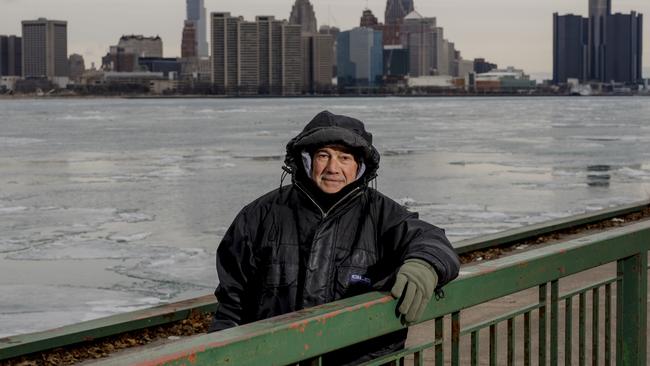
Walking alongside the Detroit River, longtime Windsor resident and carpenter Antonio Lopresti warned that Canadians would lose their jobs if the Trump tariffs were implemented. When asked about whether the country would ever become the 51st state of America, he responded by laughing – a common response from locals.



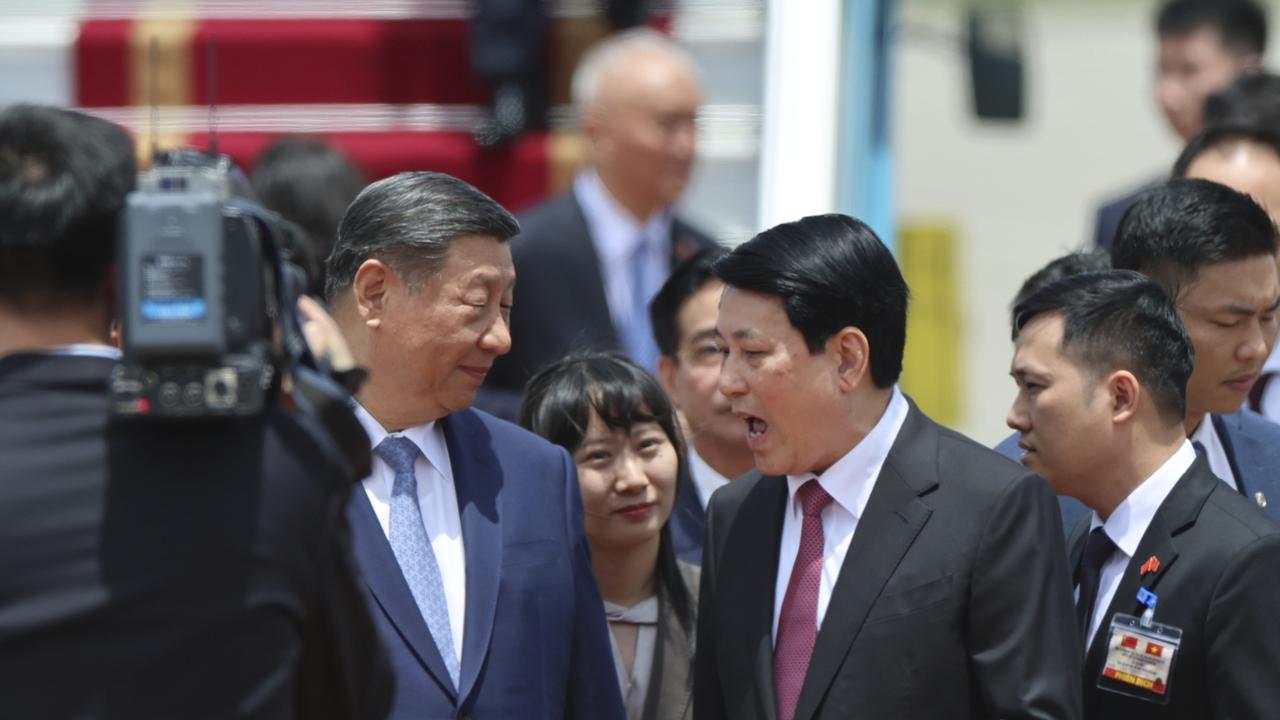
To join the conversation, please log in. Don't have an account? Register
Join the conversation, you are commenting as Logout